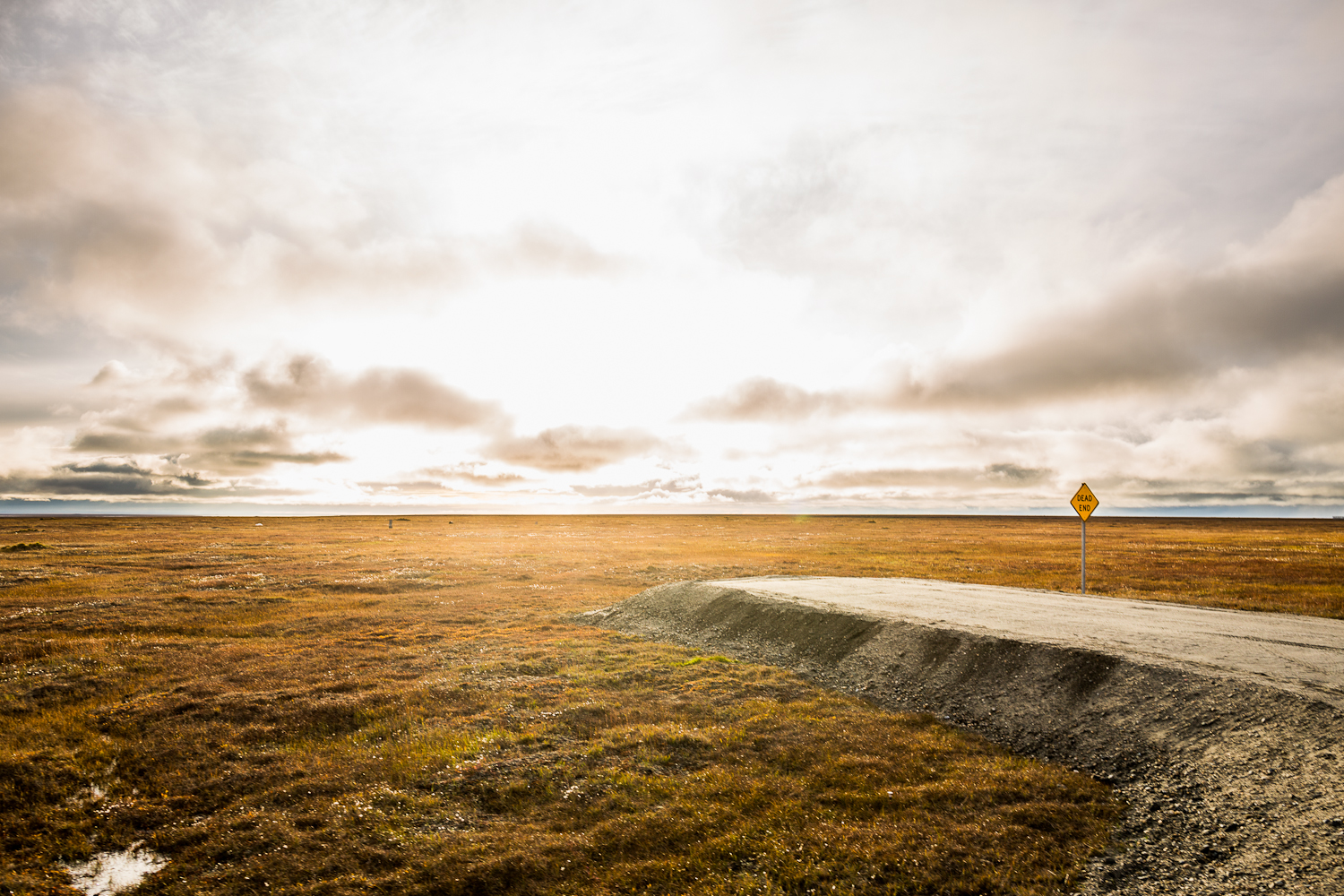The US Senate just passed a budget resolution that brings oil drilling in Alaska’s Arctic refuge a little closer to reality

The U.S. Senate took a step Thursday toward opening Alaska’s Arctic National Wildlife Refuge to oil drilling, approving a budget resolution that includes leasing in the site as a measure to raise federal revenue.
The resolution, a preliminary step toward potential approval of President Trump’s proposed tax legislation, allows senators to avoid the need for 60 votes and the threat of a filibuster when the measure is considered in the future.
It passed on a near-party-line vote of 51-49.
The ANWR provision was shepherded by Sen. Lisa Murkowki, a Republican of Alaska, who has long championed oil drilling in the refuge’s coastal plain, a site called the “1002 Area” after its legislative designation. The provision identifies refuge leasing as a step to generate $1 billion in new energy-related federal revenues.
The approved resolution paves the way for more binding action through a budget reconciliation bill, a type of legislation that, according to Senate rules, is not subject to filibuster.
Murkowski, who chairs the Senate Energy Committee and who would likely guide future legislative steps detailing how leasing the refuge could proceed, said she was gratified to be making progress toward the ANWR drilling goal.
“This budget resolution offers a tremendous opportunity to secure the future of Alaska, from long overdue federal tax reform to responsible energy development in a small part of the non-wilderness 1002 Area,” Murkowski said in a statement issued late Thursday. “Tonight was just the first step, but we are now on a path that will allow us to create jobs, generate new wealth, keep energy affordable, and protect our national security.”
Sen. Dan Sullivan, a fellow Alaska Republican, also hailed the move.
“More American energy production means more good-paying jobs, increased economic growth, and a stronger national security. More American energy production will also help to generate wealth, decrease our federal deficit, while fostering a more sustainable global environment. Because no one in the world produces energy more responsibly than Alaskans and Americans,” he said in a statement.
Environmentalists vowed to fight the effort to open ANWR though the budget process.
“This move by the Senate poses a grave threat to the Arctic Refuge, and Americans should be outraged at the shameless hijacking of the federal budget process. This fight is far from over. Now is the time for Americans across the country to speak out,” Jamie Williams, president of The Wilderness Society, said in a statement. “Congress cannot sneak this through the back door when they think nobody is looking. The Arctic Refuge is simply too fragile and special to drill, and we have a moral obligation to protect it for future generations of Americans.”
A late attempt to strike the ANWR provision from the budget resolution failed narrowly.
Sen. Ed Markey of Massachusetts and Sen. Maria Cantwell of Washington, both Democrats, pushed an amendment that would have stripped the ANWR provision from the budget resolution, but that failed on a nearly party-line 48-52 vote Thursday.
The strategy of folding ANWR drilling authorization into a budget fill follows myriad failed attempts over past decades to settle the issue with a piece of legislation specific to the refuge.
Those attempts continue, even as the budget process moves along.
Rep. Don Young of Alaska introduced a bill at the beginning of the year, HR 49, that would open the refuge to oil drilling; the bill instructs the Bureau of Land Management to conduct a lease sale within 22 months.
On the other side, Markey in April introduced a bill, S.820, that would protect the refuge’s coastal plain from development by giving it formal wilderness designation.